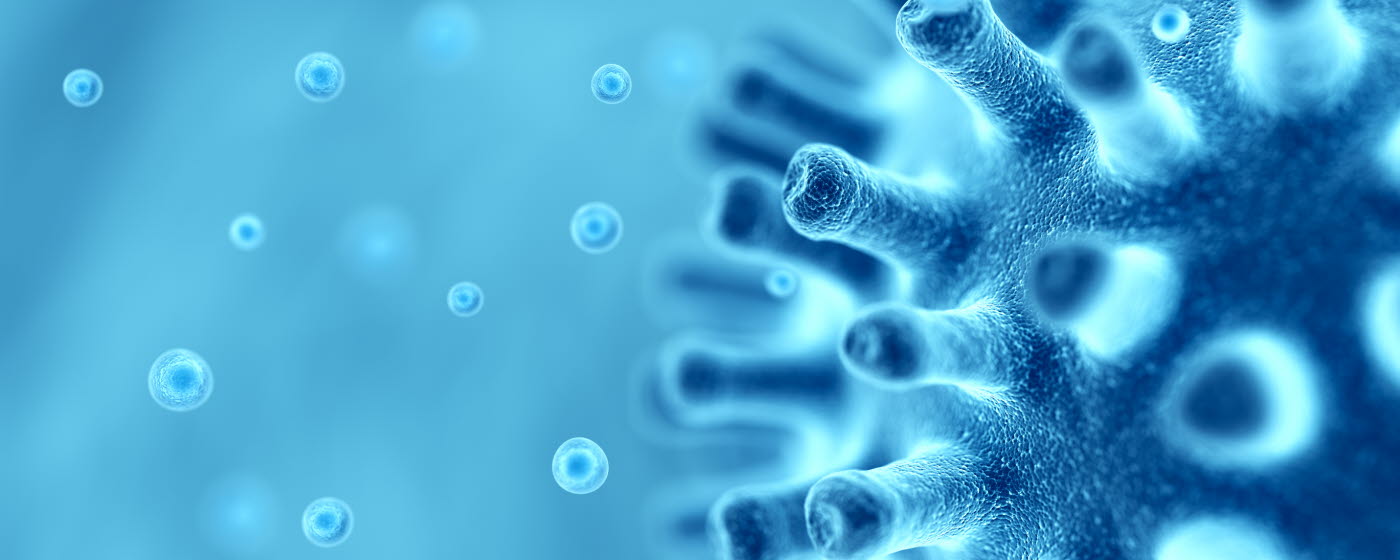
July 6 is World Zoonoses Day 2020, and as the extent of the global COVID-19 coronavirus pandemic unfolds, the pandemic has highlighted the very real threat that zoonotic diseases pose to people. A zoonotic disease refers to any disease or infection that can naturally spread from animals to humans. The World Health Organisation (WHO) has stated that all the available evidence suggests that the virus that causes COVID-19 had a zoonotic source, that is - it originated from animals. Even so, it should be noted that the current spread of COVID-19 is driven by human to human transmission. There is no evidence to suggest that animals are playing a role in the further spread of COVID-19.
On World Zoonoses Day the AVA highlights and acknowledges the important and essential role that veterinarians play in the area of One Health to help prevent zoonoses, by their work with biosecurity, food security, epidemiology and the health and welfare of animals, and in doing so contributing to optimal public health outcomes.
As the leaders in animal health and welfare, looking after companion animals, livestock and wildlife, veterinarians are proactive in enhancing the health and welfare of Australia’s animals, and in a One Health context, this work is extremely significant for human health too.
Veterinarians contribute to public health through detecting zoonotic diseases, such as Hendra virus. This important work that veterinarians undertake every day, plays a vital role in protecting public health, protecting Australia’s favourable disease-free status, ensuring the safety of the food we eat, contributing to scientific research and combatting antimicrobial resistance.
Public health veterinarians work in many fields including: meat inspection and issues relating to meat and food contamination; microbiology, virology and cellular and molecular biology particularly in relation to animal and human pathogens; species specialities particularly poultry and pigs; and in government work in endemic animal disease control, exotic disease control, epidemiology, and the regulation and aspects of drug use and residues.
On this World Zoonoses Day, the AVA reminds animal owners and handlers to ensure they maintain good disease prevention and infection control, which starts with the simple act of handwashing before and after handling animals – which is a highly important measure in preventing the spread of infection and disease from animals to humans, and vice versa.
During the coronavirus pandemic, the essential service that veterinarians provide has been recognised by the Government, and on this World Zoonoses Day 2020 we acknowledge and celebrate the vital role vets play in our society, especially during this challenging time.
